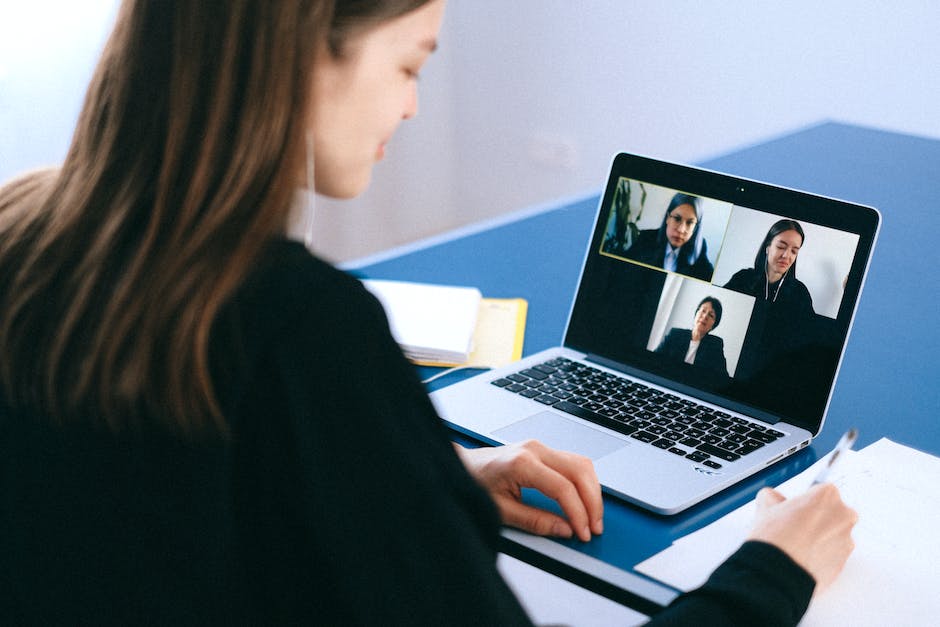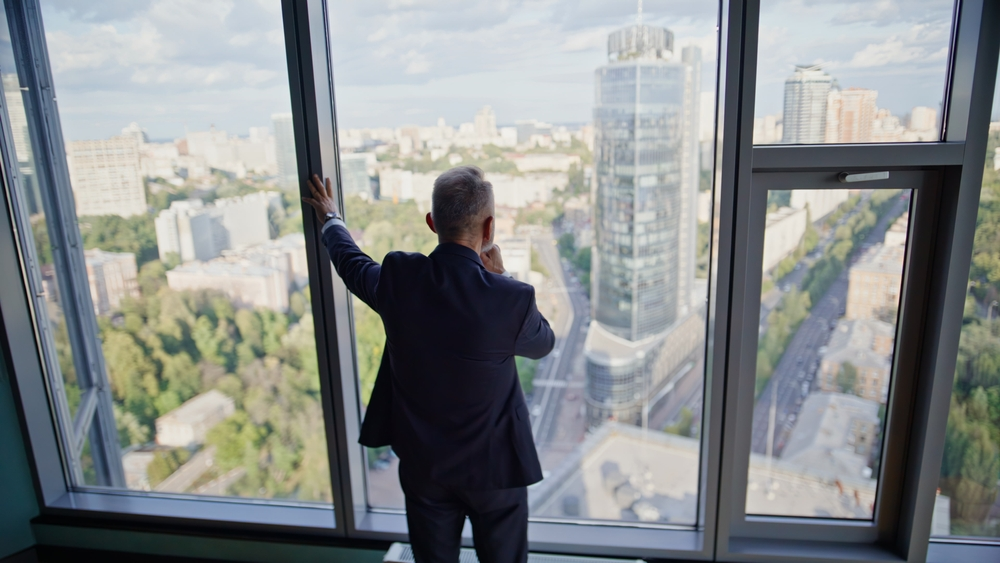Nuestro mundo se encuentra en constante evolución, el proceso de entrevista laboral no es una excepción. Este continúa cambiando y adaptándose a nuevas tendencias y demandas. Con este antecedente, nuestro enfoque se centra en proporcionar una guía completa y actualizada en torno a las “Estrategias exitosas para entrevistas”.
En el primer tema, abordaremos la importancia crítica de la preparación para la entrevista, donde enfatizaremos cómo hacer una investigación exhaustiva sobre la empresa y el puesto, cómo practicar adecuadamente y cómo anticipar las posibles preguntas de la entrevista.
Después, nos dirigimos a la entrevista misma, donde se discuten técnicas de comunicación efectivas, la proyección de una imagen positiva, las respuestas a las preguntas de la entrevista y el uso del lenguaje no verbal a nuestro favor.
Y por último, pero no menos importante, hablaremos sobre las mejores prácticas y tácticas más recientes para el seguimiento después de la entrevista.
1. Preparing for the interview
Company and position research
The first successful strategy for any interview is to research the company and the position for which you are applying. Understanding the company's needs, culture and expectations will clarify why you are the right candidate for the position. You can do research on the company's official website, social media and other outlets. In addition, you can search for information about former employees and read their testimonials to get a more holistic picture.
Estar al tanto de las tendencias actuales de la industria también será de ayuda. Utiliza herramientas digitales y plataformas de noticias dedicadas a la economía y los negocios. Además, la tecnología y la digitalización son cada vez más relevantes. Por lo tanto, familiarízate con las herramientas y plataformas digitales relacionadas con tu campo de trabajo.
Interview essays
After researching, you should practice for the interview. Rehearsing with a friend or family member can help you improve your performance during the actual interview. You can also record yourself to analyze your body language, tone of voice, confidence level and areas for improvement. Remember that your nonverbal communication can be as crucial as what you say.
Anticipation of questions
It is essential to anticipate the questions you might be asked and prepare answers. However, avoid learning answers by heart, as they may sound inauthentic. Instead, create a script with key points based on your skills, accomplishments and past work experience.
Some common questions are "why do you want to work with us?", "why should we choose you?", "tell us about a challenge you have faced and how you solved it", etc. By preparing for these questions you will be able to show your problem solving skills, initiative and commitment.
Current tools and methods
With the rapid advancement of technology, new strategies for succeeding in a job interview have emerged. Even artificial intelligence is becoming increasingly prominent in the candidate selection stage, giving rise to AI-assisted interview models to help you prepare successfully.
In addition, many interviews are being conducted in remote formats. Therefore, it is essential to familiarize yourself with various videoconferencing platforms, as well as understand virtual tagging. This includes taking into account details such as proper lighting, minimizing background noise, and making sure both your camera and microphone are set up correctly.
2. La entrevista en sí: técnicas de comunicación efectivas
Técnicas apropiadas de comunicación
Once you have mastered the technical aspects, it is crucial to develop effective communication skills to ensure a successful interview. This involves being able to express your thoughts and ideas clearly and concisely, showing empathy and respect for the interviewer. In addition, demonstrate your interest and enthusiasm for the company and the job you are applying for in order to stand out positively.
Proyectar una imagen positiva
This refers to the way you present yourself physically, your body language, your dress and your attitude during the interview. Today, companies value candidates who demonstrate positive attitudes such as enthusiasm, self-confidence and a problem-solving attitude.
Responder a las preguntas de la entrevista de manera efectiva
An essential part of any interview is answering questions effectively. This means understanding the question, thinking of a solid answer and then expressing it in a way that is easy for the interviewer to understand. It is also important to remember to use concrete examples to back up your answers and demonstrate your skills and abilities.
Uso del lenguaje no verbal a su favor
Nonverbal language plays a crucial role in any interview. This includes your posture, gestures, eye contact and facial expressions. For example, maintaining firm eye contact can show confidence, while facial expressions can demonstrate your interest and enthusiasm for the position.
Non-verbal language will continue to be relevant, but trends make clear the need to properly manage virtual communication, as online job interviews will continue to be common.
Últimas tendencias y transformaciones en las entrevistas
Technology is expected to continue to be a crucial factor in job interviews due to its increasing prevalence. Virtual interviews may become the norm and therefore, it is critical to be familiar with technological tools and be able to project a positive image, even through a screen.
Similarly, the so-called "soft" skills, such as the ability to work in a team, adaptability, and emotional intelligence, will not lose their importance in the eyes of employers. These skills are essential for any job.
Finally, in order to stand out in interviews, it is of utmost importance to have the ability and willingness to constantly learn and acquire new skills, given the constant changes in modern work dynamics.

3. Después de la entrevista
La necesidad de realizar un seguimiento después de la entrevista
El realizar un seguimiento post-entrevista es una medida que muchos candidatos no consideran y que resulta de gran importancia. Esta estrategia, además de demostrar profesionalismo y respeto hacia el entrevistador, puede ser la diferencia entre obtener el puesto deseado o no. Dada la competencia creciente en el mercado de trabajo, el seguimiento post-entrevista se ha vuelto una estrategia aún más esencial para destacarse en una multitud de candidatos.
¿Cuándo y cómo agradecer a los entrevistadores?
A simple and sincere thank you to interviewers is a gesture of kindness that is always appreciated. Just remember to keep it timely; the general rule of thumb is to send a thank you message within 24 hours of the interview. Email is often the quickest and most efficient way to do this, although sometimes a handwritten note can make an even greater impact.
Manejo de las negociaciones de ofertas de trabajo
Handling job bid negotiations is a skill that requires a great deal of tact and finesse. Honesty and transparency are fundamental in this process. If the terms of the offer do not meet your expectations, don't hesitate to say so politely and back up your argument with solid data such as salary statistics or standard benefits in your industry.
Nuevas formas de seguimiento y negociación
Digital media and online communication platforms have gained remarkable relevance in the post-pandemic era. Follow-up messages on LinkedIn or even private messages on Twitter are becoming increasingly common.
In addition, the negotiation of job offers has also become more flexible. Not only financial aspects are now being negotiated, but also working conditions such as remote work, flexible hours, benefits such as mental health care, and continuous learning and development.
Never neglect to follow up after the interview. This practice is not only a strategy to stand out from a sea of candidates, but a reflection of your professionalism and enthusiasm for the opportunity.
In a nutshell
Our guide will have prepared you to research effectively, communicate powerfully and handle the follow-up interview professionally. Trends and context may change, but these pillars of a successful interview will remain constant. So whether you're just beginning your professional journey or looking for a career change, don't forget the importance of each step in this process.
In the end, every effort and dedication at every stage of the interview can be just the success factor that leads you to your dream position in the unpredictable world of work.




